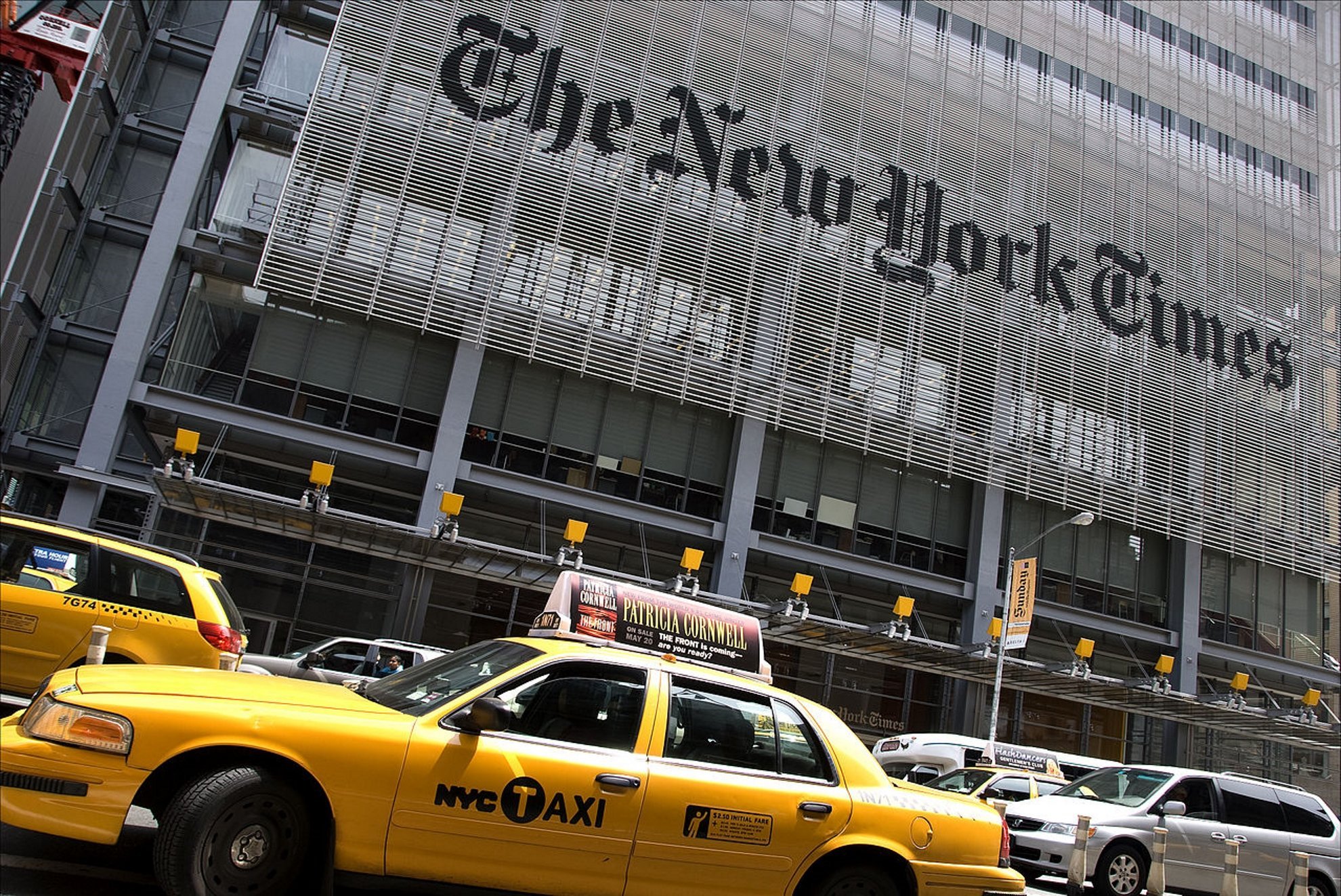The New York Times has published an opinion piece in its Spanish-language edition arguing that "the Spanish monarchy no longer makes sense". The author, Martín Caparrós, an Argentine writer who lives in Madrid, concludes that it simply serves no purpose for Spain to have a monarchy and that the country should become a republic:
"Even if its origin hadn't been full of blood and dictatorship, even if it hadn't been the result of 20th century slaughters but rather those of the 16th or 18th century, like the other [monarchies], this monarchy no longer makes sense. The solution would be simple, easy. In 1931, declaring the Spanish republic meant changing many things: now, if it was done, everything else would remain the same. The practical function of the king is so unimportant that overturning it would not mean much. Yes, the symbol would change, the way that the country was seen and represented: it would come of age."
And, continuing with the 'growing up' metaphor, he compares Spain's actual king with the Reyes Magos - the Three Kings of the Orient, who in Spain traditionally bring gifts to children, equivalent to Santa Claus in other cultures, and, like Santa Claus, magical and unreal. Thus, if a Spanish republic was declared, says Caparrós, "the country would realise that the 'kings' are really our parents, and that parents and myths have to stay behind when the children, finally, take their own path," he proposes.
Aún si su origen no estuviera lleno de sangre y dictadura, opina @martin_caparros, la monarquía española ya no tiene sentido. https://t.co/tnvafUjnki
— NYTimes en Español (@nytimeses) 3 de gener de 2019
The article does not consider that the Spanish monarchy could be made legitimate through a referendum. "How can democratic legitimacy be given to an institution that denies the essence of democracy: the abolition of blood privileges, the equality of all before the law and the free election of the authorities?" he asks. In late 2018, an initiative began to hold small, non-binding local referendums around the Spanish state on the continuity of the monarchy, with most of the votes held so far taking place in universities and yielding results that are overwhelming pro-republic, albeit with relatively modest voter turn-outs.

